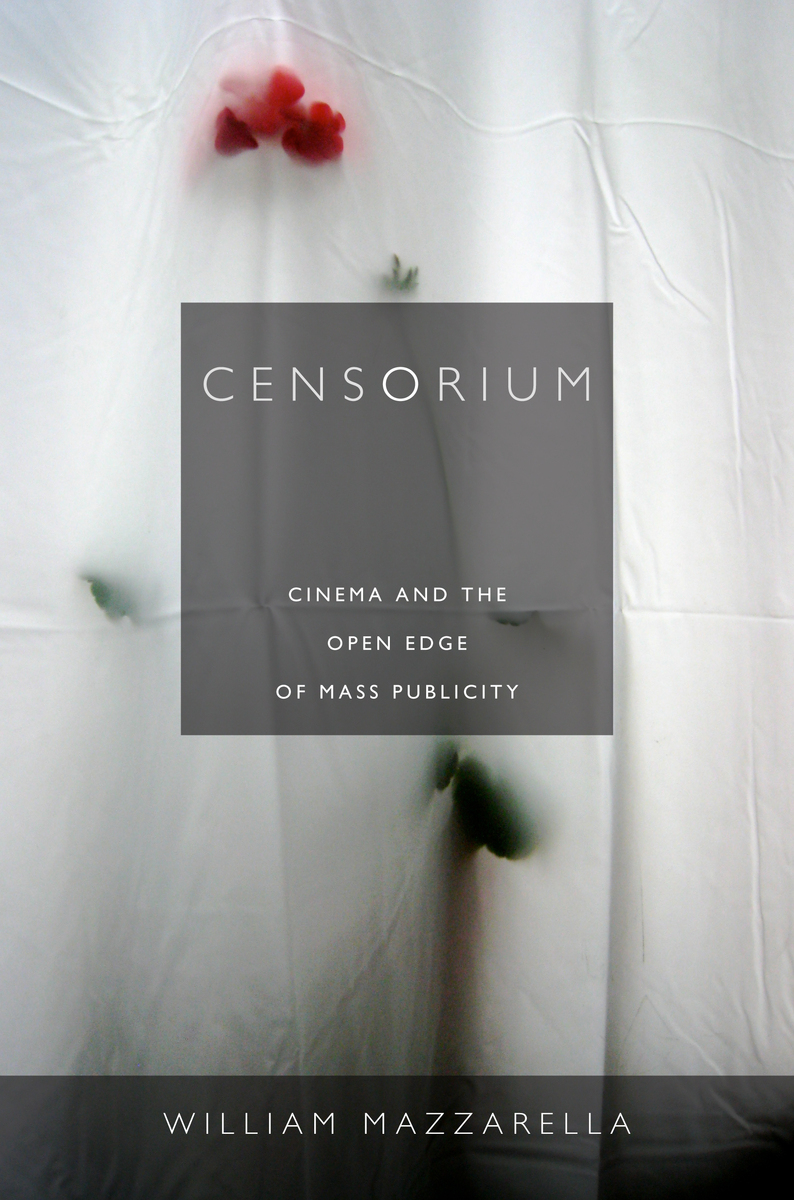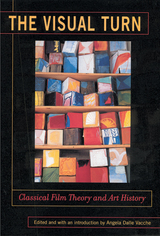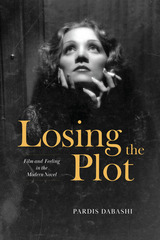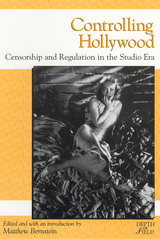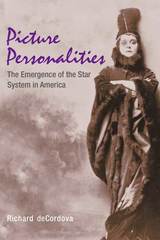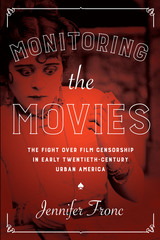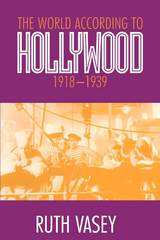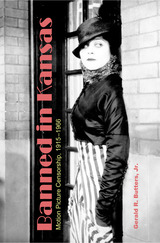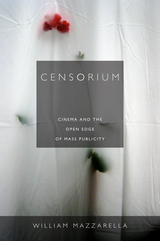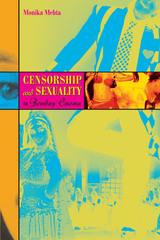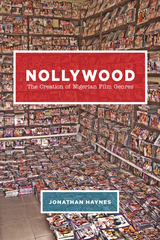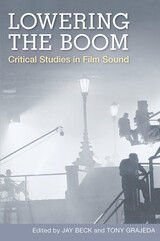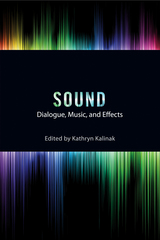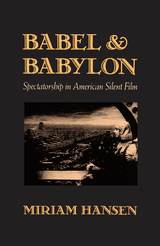Paper: 978-0-8223-5388-1 | eISBN: 978-0-8223-9732-8 | Cloth: 978-0-8223-5374-4
Library of Congress Classification PN1995.65.I4M39 2013
Dewey Decimal Classification 363.31
At the intersection of anthropology, media studies, and critical theory, Censorium is a pathbreaking analysis of Indian film censorship. The book encompasses two moments of moral panic: the consolidation of the cinema in the 1910s and 1920s, and the global avalanche of images unleashed by liberalization since the early 1990s. Exploring breaks and continuities in film censorship across colonial and postcolonial moments, William Mazzarella argues that the censors' obsessive focus on the unacceptable content of certain images and the unruly behavior of particular audiences displaces a problem that they constantly confront yet cannot directly acknowledge: the volatile relation between mass affect and collective meaning. Grounded in a close analysis of cinema regulation in the world's largest democracy, Censorium ultimately brings light to the elusive foundations of political and cultural sovereignty in mass-mediated societies.
See other books on: Censorship | Cinema | India | Mass Publicity | Mazzarella, William
See other titles from Duke University Press
